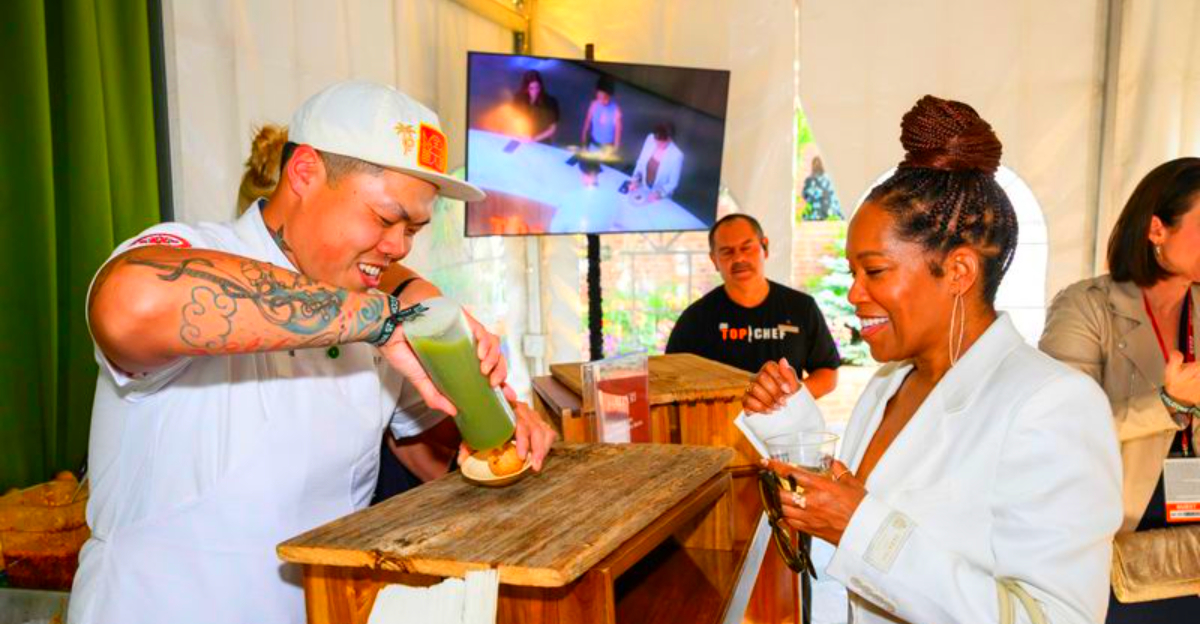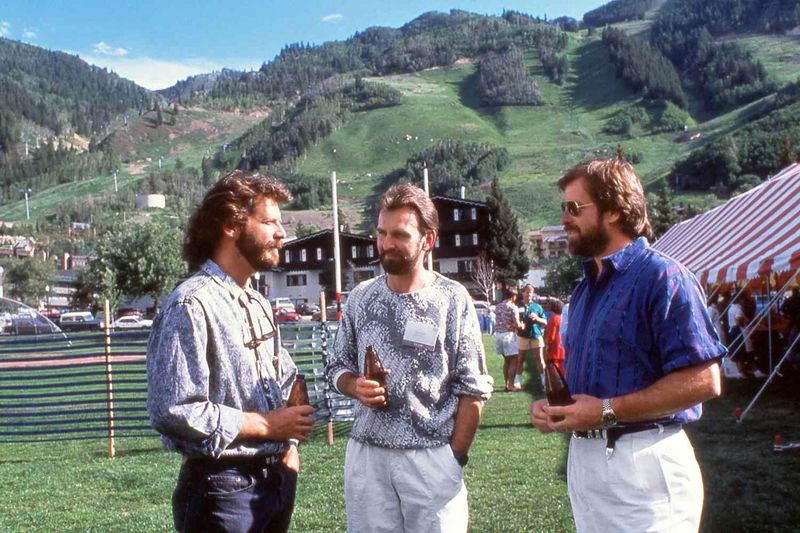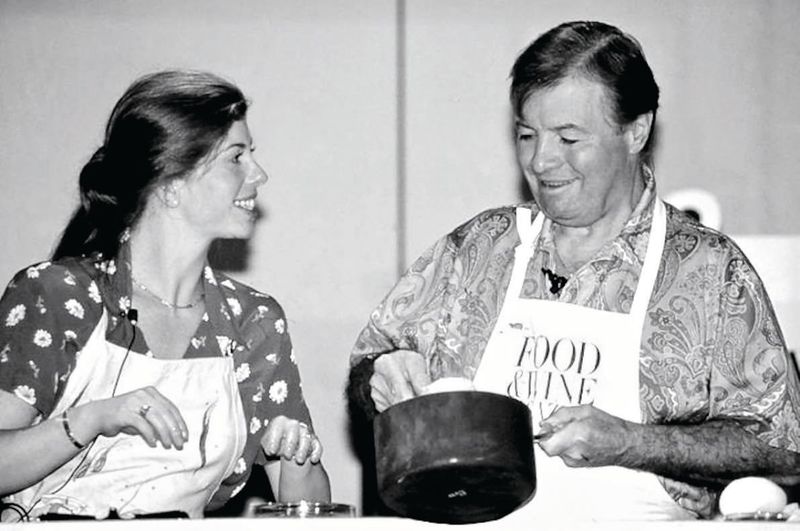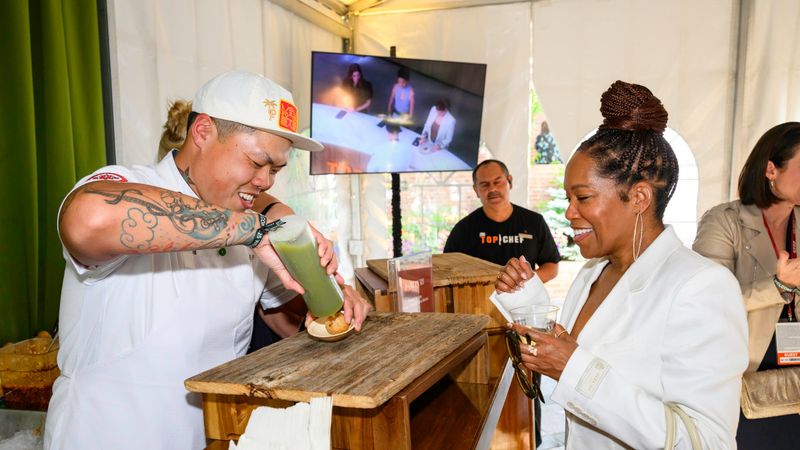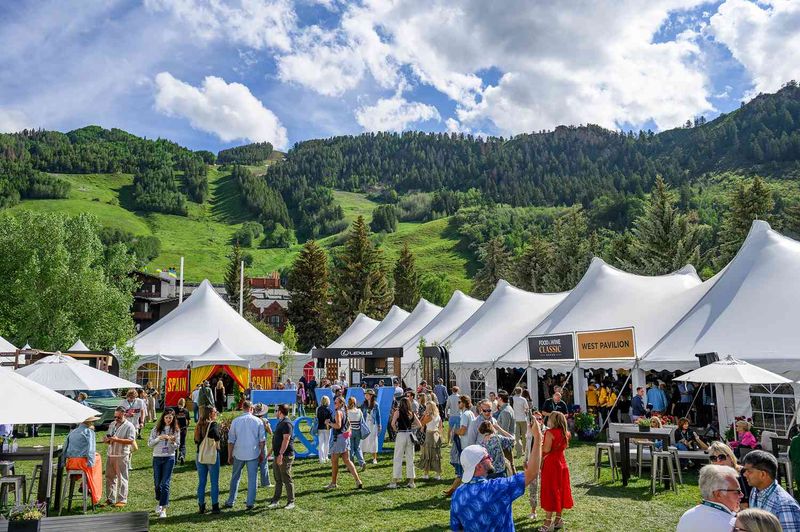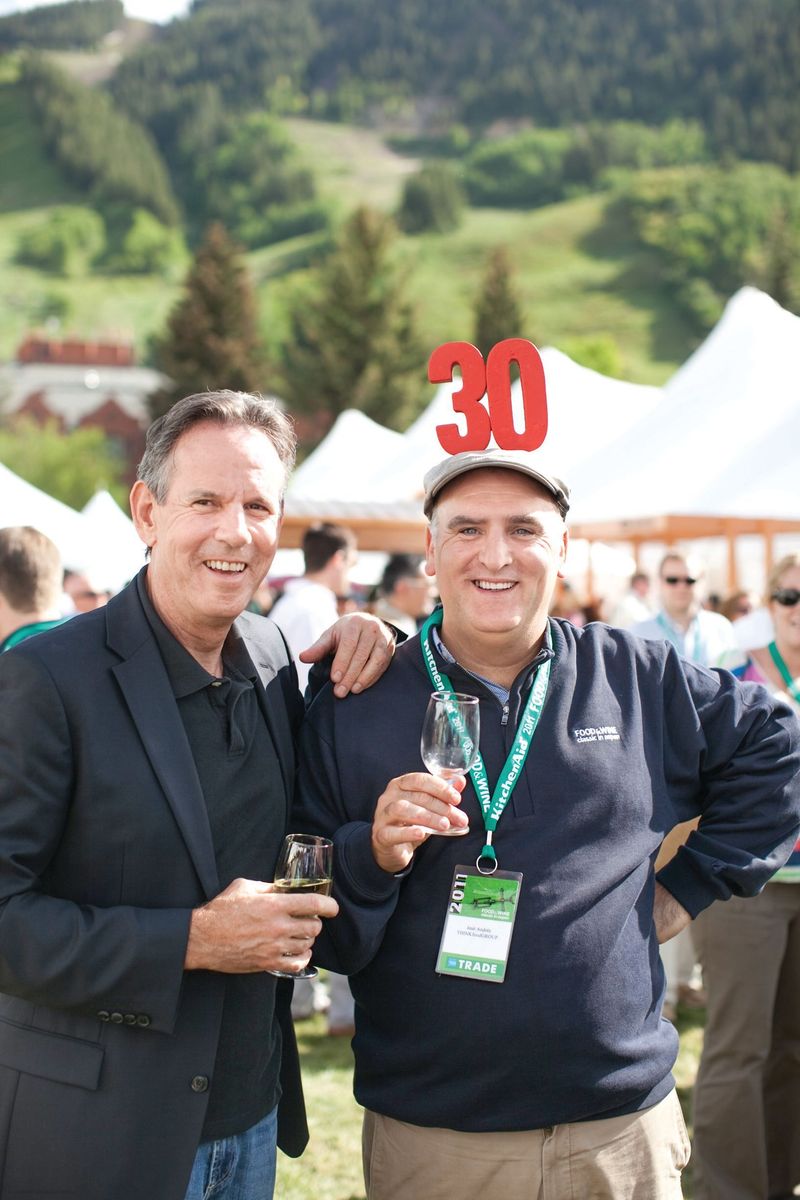High in the Rocky Mountains each June, where alpine air meets gourmet cuisine, one of America’s most celebrated food festivals comes alive. The Aspen Food & Wine Classic transforms this luxury resort town into a culinary paradise for three unforgettable days. Celebrity chefs, world-class wines, and breathtaking mountain views combine to create an experience unlike any other food festival in the world.
1. Born in 1983 as a Wine-Only Event
Picture Aspen in the early 1980s during its quieter summer months, when ski slopes sat empty and the town needed a boost. Local organizers launched the Aspen/Snowmass International Wine Classic to draw visitors during this slower season.
About 300 winemakers gathered with thousands of wine enthusiasts for that first celebration. The focus was purely on wine, without the elaborate food components we see today.
2. Food & Wine Magazine Transformed Everything in 1986
When Food & Wine magazine stepped in as title sponsor just three years later, the entire festival identity shifted dramatically. The magazine brought celebrity chefs, elaborate cooking demonstrations, and sophisticated food pairings to complement the wine focus.
This partnership elevated the event from a regional wine gathering into a nationally recognized culinary spectacular. The transformation marked the beginning of what we know today as America’s premier mountain food festival.
3. Tickets Vanish Within Hours Every Year
Securing passes to this culinary extravaganza requires lightning-fast reflexes and serious dedication. Thousands of food lovers compete for limited spots, creating a frenzy when tickets go on sale each January.
During the 40th anniversary celebration in 2023, tickets sold out completely within just a few hours of release. The festival’s popularity has reached legendary status among America’s food festival circuit, making attendance a coveted achievement for culinary enthusiasts nationwide.
4. Grand Tastings and Celebrity Chef Demos Rule the Weekend
Over three action-packed days, attendees feast their way through an incredible lineup of culinary experiences. Celebrity chefs lead hands-on cooking demonstrations while wine experts guide tastings of rare vintages and craft spirits.
Five massive Grand Tasting events showcase over 150 winemakers, distillers, and artisanal food producers. Panel discussions and specialized seminars cover everything from cocktail crafting to emerging food trends, creating an educational feast for curious minds.
5. Rocky Mountain Altitude Creates Magical Atmosphere
At 7,908 feet above sea level, Aspen’s thin mountain air adds an unexpected twist to wine tasting and culinary experiences. The dramatic Rocky Mountain backdrop transforms every meal into a scenic adventure.
Luxury resort culture blends seamlessly with rugged alpine beauty, creating an atmosphere found nowhere else on Earth. Crisp mountain breezes carry the aroma of gourmet cuisine while snow-capped peaks provide Instagram-worthy backdrops for every dish and glass raised in celebration.
6. A-List Culinary Stars Flock to the Mountains
Legendary names like José Andrés, Thomas Keller, and Bobby Flay regularly grace the festival stages alongside rising culinary stars. Even the late Julia Child once participated, lending her iconic presence to this mountain celebration.
World-renowned sommeliers and spirits experts join the party, sharing their expertise through intimate seminars and tastings. The star power draws food lovers from across the globe, creating networking opportunities and unforgettable encounters between fans and their culinary heroes.
7. Philanthropy and Community Impact Drive the Mission
Beyond the indulgence lies a deeper purpose, with charitable initiatives supporting organizations like Southern Smoke Foundation and No Kid Hungry. The festival’s Food & Wine Gives program demonstrates how culinary celebration can create positive change.
Local restaurants, hotels, and event spaces benefit tremendously from the economic boost. The festival generates millions in revenue for Aspen’s community while supporting food industry workers in crisis and fighting childhood hunger across America.
